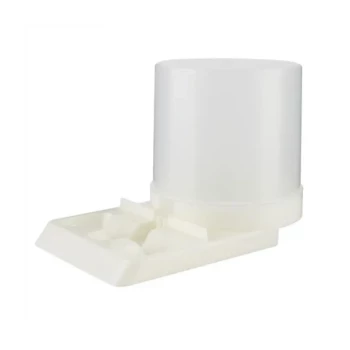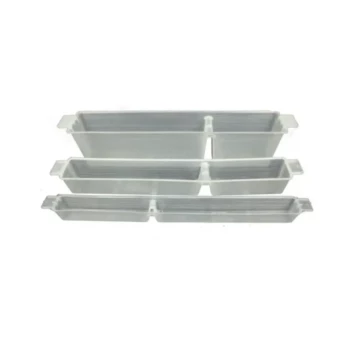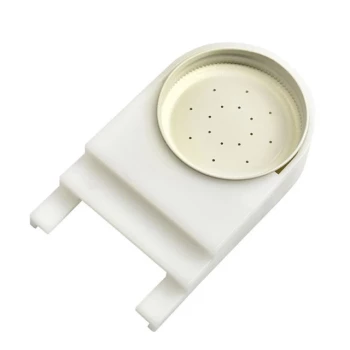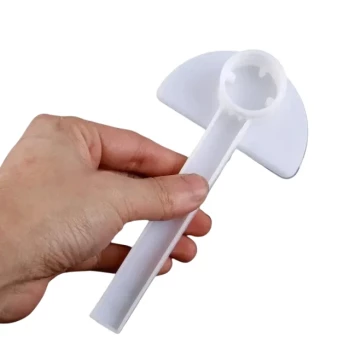In the world of beekeeping, the term 'nuc' is a shorthand for nucleus colony. It refers to a small, self-contained honeybee colony housed in a correspondingly small hive box, typically containing three to five frames. A nuc is essentially a miniature, fully functioning version of a standard hive.
A nucleus colony is more than just a box of bees; it is a pre-established, working colony with a proven laying queen, brood in all stages, and food stores, providing the strongest possible start for a new hive.

What Constitutes a Nucleus Colony?
A nuc is specifically designed to contain all the essential elements of a healthy honeybee colony, just on a smaller scale. This "starter kit" approach is what makes it so valuable.
The Core Components
A true nuc must contain a balanced population of bees and resources. This includes a proven, egg-laying queen, ensuring the colony's viability and continued growth.
It also includes several frames of brood, which are the developing bees in their egg, larval, and pupal stages. This is a clear sign of a healthy, productive queen.
Finally, a nuc contains frames with food stores, such as pollen and nectar or honey. These resources are critical for feeding the bees and the developing brood as they get established.
The Physical Nuc Box
The box itself is simply a smaller version of a standard hive body. The most common size is a five-frame nuc, which holds five deep or medium frames.
This smaller, confined space helps the colony maintain temperature and defend itself more easily while its population is low. Once the bees fill this space, they are ready to be transferred into a full-sized hive.
Nuc vs. a Package of Bees
For a beekeeper starting a new hive, the primary choice is often between a nuc and a package of bees. Understanding the difference is crucial.
The Head Start of a Nuc
A nuc is an established colony. The bees are already a family unit with their queen, comb is already built, and brood is being raised. They can begin expanding their population and foraging for nectar immediately.
Starting from Scratch with a Package
A package of bees is essentially a box of loose, unrelated bees with a caged queen. They have no comb, no brood, and no food stores.
When installed in a hive, they must start from zero: building wax comb, accepting the new queen, and raising the first generation of brood. This is a much more fragile and demanding period for the colony.
Understanding the Trade-offs
Choosing a nuc is a strategic decision with clear benefits and some considerations to keep in mind.
The Primary Advantage: Lower Risk
The single greatest benefit of a nuc is a higher success rate, especially for new beekeepers. The colony is already functioning properly.
There is no risk of the bees rejecting the queen, as she is already integrated and laying. The presence of drawn comb and brood gives them a multi-week head start on population growth.
Common Pitfalls and Downsides
Nucs are typically more expensive than packages because you are paying for the bees, the established brood, and the drawn-out comb.
They are also generally available later in the spring than packages, as the producer needs time for the colonies to build up.
Finally, because you are receiving frames from another apiary, there is a small but real risk of transferring diseases. It is absolutely critical to purchase nucs only from a reputable, trusted beekeeper.
Making the Right Choice for Your Goal
Selecting between a nuc and a package depends entirely on your experience, budget, and tolerance for risk.
- If your primary focus is a reliable start with the highest chance of success: A nuc is the superior choice, as it provides a fully functional colony that minimizes the initial risks of beekeeping.
- If your primary focus is minimizing initial cost: A package of bees is cheaper, but you must be prepared for the intensive challenge of helping the bees establish themselves from scratch.
- If you are an experienced beekeeper looking to expand: You will likely be making your own nucs from your stronger hives to raise new queens or manage swarming.
Ultimately, understanding what a nuc is and the strategic advantage it offers is a cornerstone of successful and sustainable beekeeping.
Summary Table:
| Feature | Nuc (Nucleus Colony) | Package of Bees |
|---|---|---|
| Definition | Small, established colony with frames | Box of loose bees with a caged queen |
| Queen Status | Proven, laying, and accepted | New, caged, needs acceptance |
| Brood & Comb | Yes, frames of brood and drawn comb | No, must start from scratch |
| Best For | Higher success rates, new beekeepers | Lower initial cost, experienced beekeepers |
Ready to give your apiary the strongest possible start?
At HONESTBEE, we understand that a healthy, productive colony begins with quality equipment and reliable resources. Whether you're a commercial apiary scaling up or a distributor supplying the beekeeping community, our wholesale-focused operations provide the durable beekeeping supplies and equipment you need to succeed.
Let's build a thriving future for your bees together. Contact our expert team today to discuss your wholesale needs!
Visual Guide
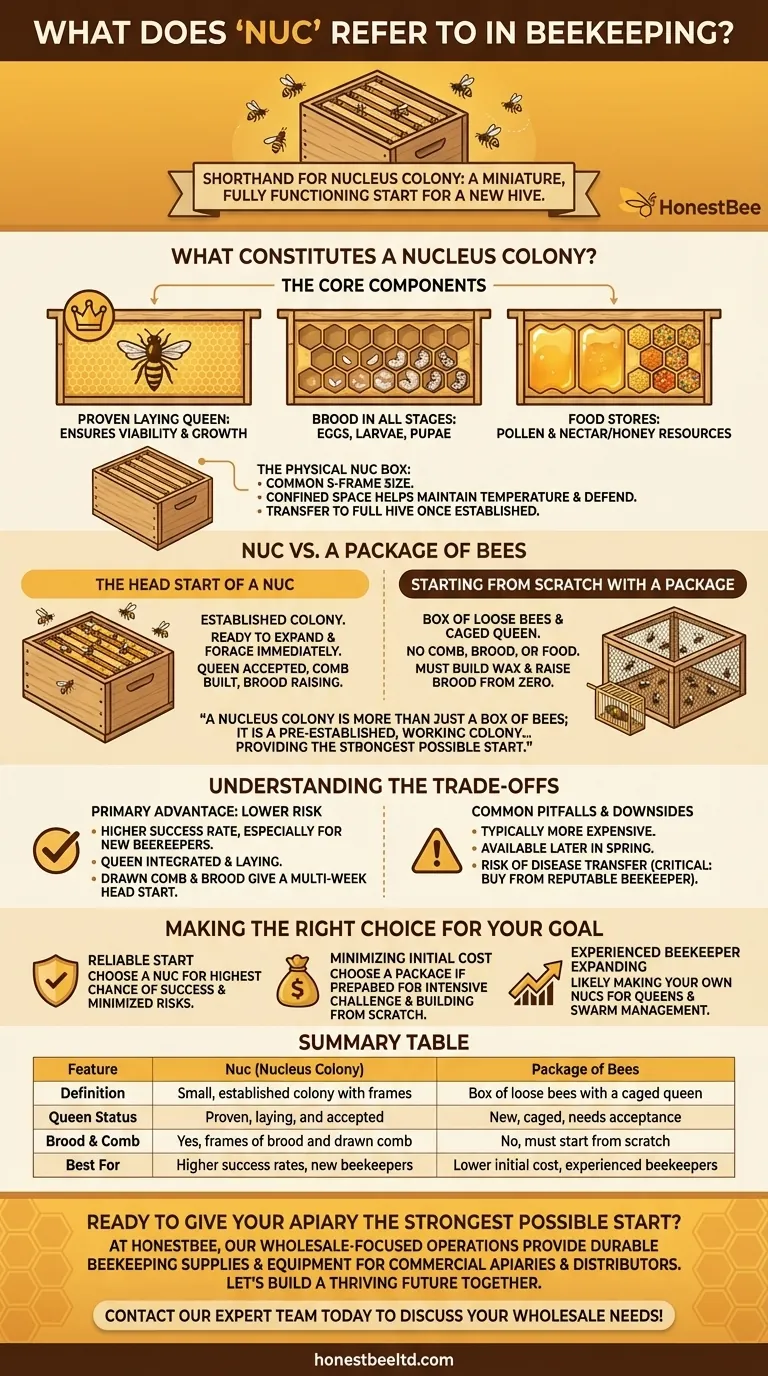
Related Products
- 5 Frame Wooden Nuc Box for Beekeeping
- Twin Queen Styrofoam Honey Bee Nucs Mating and Breeding Box
- Automatic Heat Preservation 6 Frame Pro Nuc Box for Honey Bee Queen Mating
- Styrofoam Mini Mating Nuc Box with Frames Feeder Styrofoam Bee Hives 3 Frame Nuc Box
- Plastic Transporting Bee Packages and Nuc Boxes for Beekeeping
People Also Ask
- What is a common feature of many 5-frame nuc boxes? The Integrated Feeder for Efficient Colony Growth
- How should the nuc be installed in the apiary? Ensure Colony Success from Day One
- What feeding feature is common in 5-frame nuc boxes? Explore Top-Feeding Innovation for Colony Growth
- What is the most common type of standard nuc? The 5-Frame Nuc Explained
- How many frames does a typical wooden nuc box hold? A Guide to Choosing the Right Size










